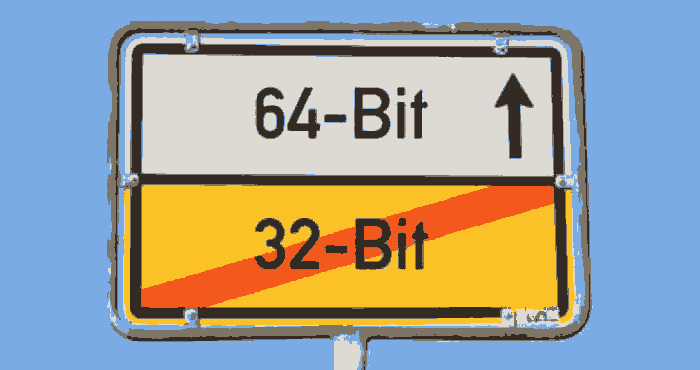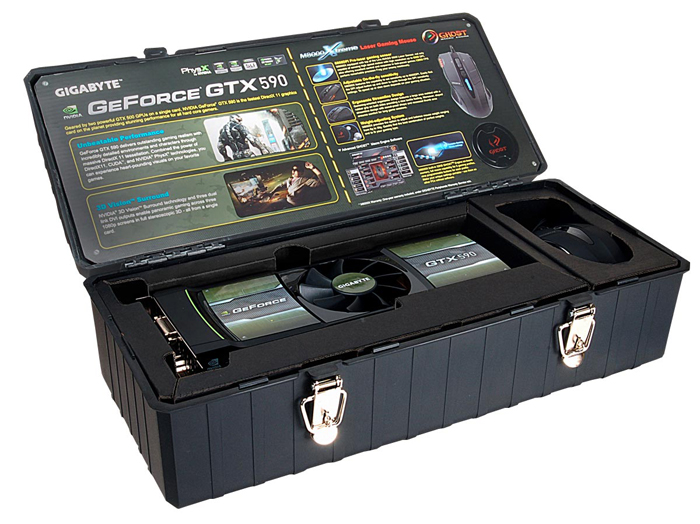Nvidia has published a support plan update for users of its GeForce drivers and GeForce Experience program. The bulletin was uploaded on Friday and entitled "Support Plan for 32-bit and 64-bit Operating Systems". An hour or so later Nvidia published notice that Fermi series GeForce GPUs have been moved to legacy status.
In brief, the plan reveals that Nvidia is taking resources away from 32-bit development. From now on, if you want the latest updates for the Nvidia GeForce graphics driver, or the GeForce Experience accessory program, you will have to migrate from your 32-bit to a 64-bit OS.
The above applies to Microsoft Windows 7, Windows 8/8.1, and Windows 10, Linux, and FreeBSD users. If you are using a 32-bit version of any of these OSes you will no longer receive Game Ready Driver upgrades, performance enhancements, new features, and bug fixes.

Nvidia notes that it will continue to deliver critical security updates for 32-bit operating systems through to January 2019. That gesture gives 32-bit OS users time to change up to 64-bit without putting them in danger of new-found critical exploits.
With regard to the GeForce Experience accessory software, upgrades with new features, security updates, and bug fixes will be available only on Windows 64-bit operating systems from now on. Existing features and services such as optimal game settings will continue to work on Windows 32-bit, says Nvidia, but it hasn't mentioned anything like the critical security update grace period it did with the drivers.
Fermi Farewell
From now on Nvidia Game Ready Driver upgrades, including performance enhancements, new features, and bug fixes, will be available only on Kepler, Maxwell, and Pascal series GPUs. Like with the above 32-bit driver support cessation, Nvidia will continue to provide critical security updates for Fermi series GPUs through January 2019.

For reference, Nvidia has a full list of Fermi SKUs available here. PC desktop enthusiasts will likely remember Fermi best for the GeForce GTX 400 and GTX 500 series graphics cards.













